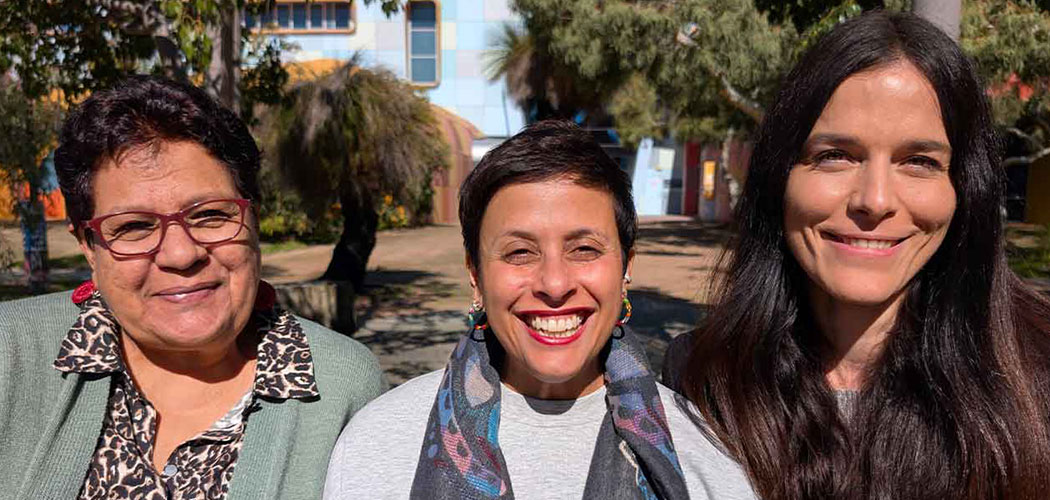A new research project will examine how social media influences body image and disordered eating behaviours among Aboriginal young people.
The Edith Cowan University (ECU) study aims to better understand how disordered eating affects Aboriginal youth aged 13 to 25 in the Perth metropolitan area.
Disordered eating relates to irregular eating habits or symptoms that do not meet the diagnostic criteria for recognised eating disorders, but can still affect physical, mental and emotional health, and if left untreated can progress into an eating disorder.
The study will support young Aboriginal peoples lived experiences with body image and disordered eating concerns, said ECU Strategic Research Fellow Dr Seraina Agramunt, areas she believes have long been overlooked in mainstream research.
“Aboriginal young people are underrepresented in eating disorder research. Traditionally, eating disorders have been perceived as issues primarily affecting Western populations and are often associated with the ‘SWAG’ stereotype, depicting those affected as skinny, white, affluent girls, but the reality is very different.
“Recent evidence shows Aboriginal adolescents are more likely to experience eating disorders than their non-Aboriginal peers, yet we still know far too little about what these experiences look like, or how best to support them.”
Digital filters and unrealistic ideals
The project will explore the impact of social media platforms like TikTok, Instagram and Snapchat, and the growing use of AI-generated filters that alter appearance and promote unhealthy beauty standards.
“These platforms are a huge part of young people’s lives. But the curated images and algorithm-driven content can reinforce stereotypical body ideals, which may increase body dissatisfaction and disordered eating.
“Despite this, there has been little research investigating how these digital environments affect Aboriginal youth with disordered eating and body image concerns, a gap this project aims to fill,” said Dr Agramunt.
A very meaningful part of the project is the co-development of culturally sensitive health promotion messages and resources with community members, she said.
“This will ensure the materials are truly tailored to the needs of Aboriginal youth experiencing disordered eating and/or body image concerns, something that, unfortunately, is currently lacking.”
Three-stage approach with Aboriginal youth at the centre
The two-year research project will include:
Face-to-face surveys with 60 Aboriginal youth, assessing disordered eating behaviours, body image concerns, help-seeking barriers and facilitators, and social media’s influence on body image.
In-depth qualitative interviews with 20 participants to explore their views on disordered eating, influence of social media on body image, and barriers and facilitators to help-seeking more deeply.
Co-creation workshop with an Aboriginal youth advisory group and study participants to develop culturally sensitive health promotion messages and resources. This collaborative process ensures the materials are purposefully worded, accessible, and meaningful to Aboriginal youth with disordered eating and/or body image concerns.
The research project, ‘Influence of social media on body image and perception of disordered eating among Aboriginal young people’ is supported by Healthway’s 2024 Open Research Round.








